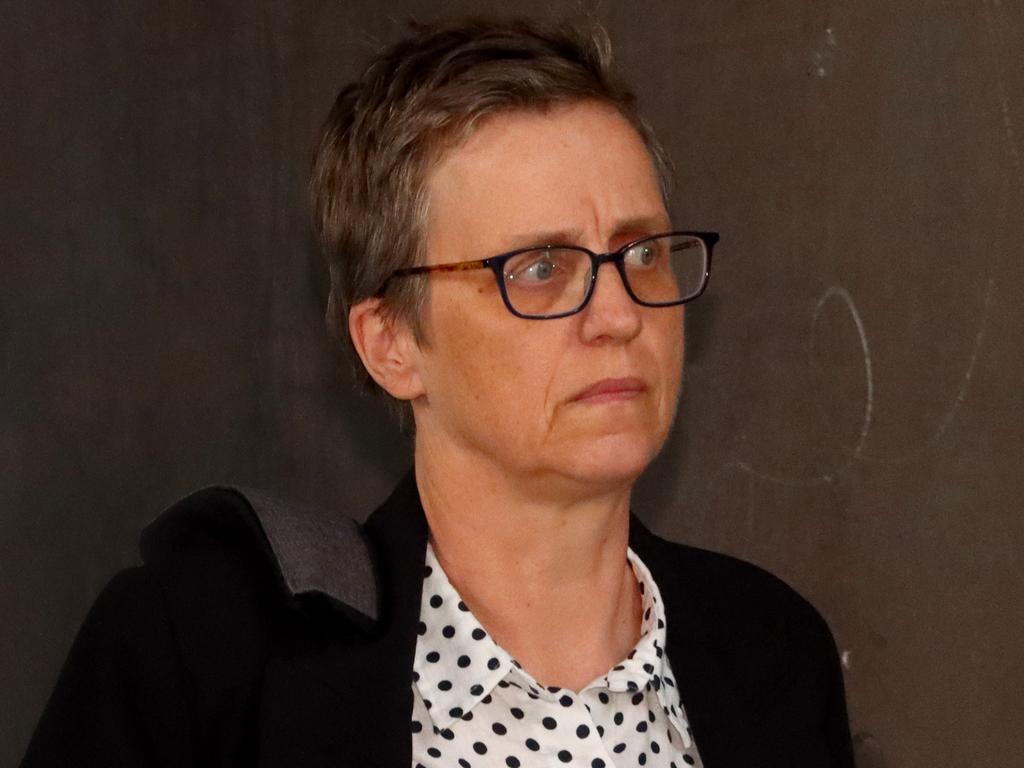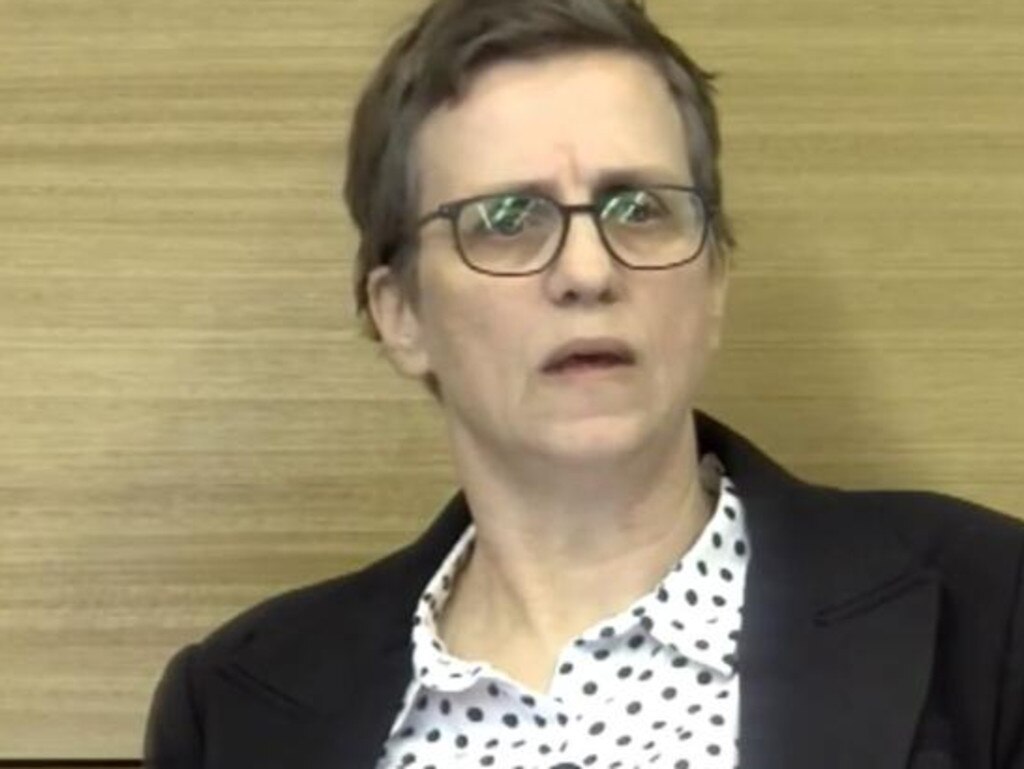Anger at Queensland DNA lab’s U-turn on evidence
DNA results linking people to crime scenes with a 100 billion ‘likelihood ratio’ are being withdrawn by Queensland’s troubled forensics lab, letting offenders evade justice, police say.
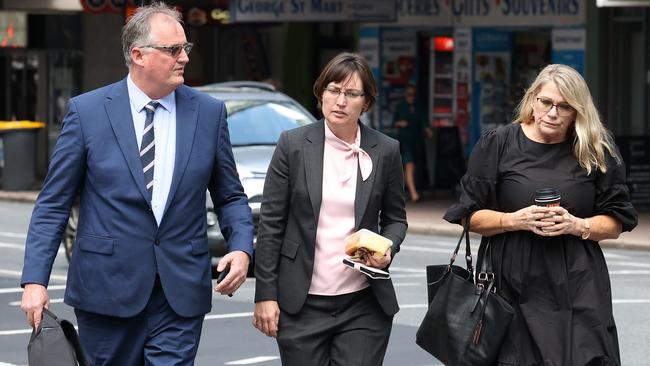
Police have raised concerns that their investigations are being thrown into disarray and offenders are evading justice because crucial DNA evidence is being withdrawn by Queensland‘s troubled forensics lab.
The head of the Queensland Police Service’s DNA unit, Inspector David Neville, says the lab is providing results definitively linking people to crime samples, then months later is retracting their findings when police ask for a statement.
The alarming trend was first identified by Inspector Neville in 2018, when he started looking into a single instance and discovered that conclusive results had been withdrawn in 128 cases over the previous six years.
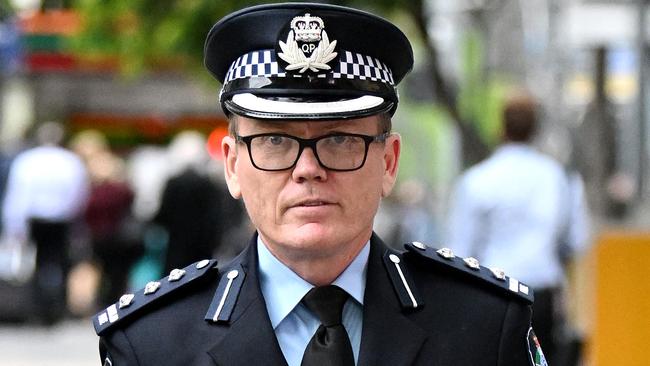
In each case, the lab initially matched the DNA in samples to an individual, declaring the person was 100 billion times more likely to be the contributor than someone randomly selected.
Each time, it was later substituted with a new result, stating that the profile was from a complex mixture unsuitable for interpretation.
People could also be wrongfully arrested and held in custody on DNA evidence that was later withdrawn, Inspector Neville warns.
His serious concerns about the issue are detailed in a 1831-page statement provided to a $6m public inquiry into the lab, called as a result of The Australian’s podcast, Shandee’s Story.
The problem is yet to be resolved and relates to mixed profiles, or samples that contain the DNA of two or more people, Inspector Neville states.
“My inquiries with other jurisdictions indicate that this is a problem unique to Queensland,” he writes.
“The recall of conclusive results erodes confidence in the reliability of DNA evidence, especially when it comes to mixture interpretation.
“I think the risk of false inclusion of a person is unlikely. However, the risk of evidence not being presented that might have otherwise solved a crime is high and likely to occur.”
Lab managing scientist Cathie Allen repeatedly failed to respond to Inspector Neville’s emails as he tried to urgently address a situation he considered to be dire, the statement reveals.
Inspector Neville’s boss, Superintendent Bruce McNab, then seems to have effectively shut him down from contacting Ms Allen.
“No more emails to Cathy (sic), please. I’ll chat to you next week,” Superintendent McNab told Inspector Neville by email in February 2020.
A few days later, Inspector Neville followed up with Superintendent McNab by email again, stating he was “convinced that there is an issue with the reliability of results” coming from the lab.
Superintendent McNab replied that he was dealing directly with Queensland Health executive John Doherty to resolve the matter “and that he was accepting the risk”.
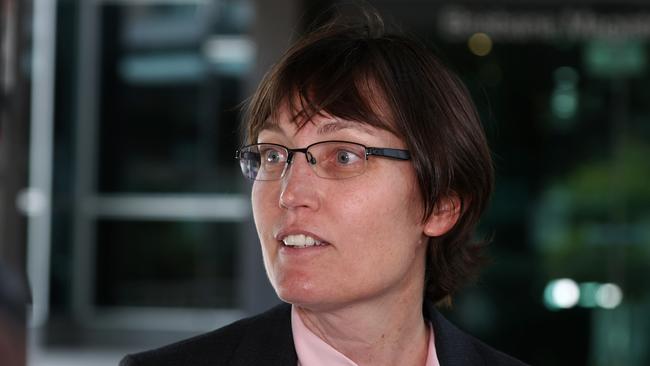
Separately, forensic scientist Dr Kirsty Wright identified 17 instances of conclusive DNA results being withdrawn by the lab in the investigation into Shandee Blackburn’s unsolved 2013 murder in Mackay, central Queensland.
It was one of the reasons Dr Wright declared in Shandee’s Story last November that the lab was “broken” and should immediately cease testing.
Inspector Neville writes in his statement that he briefed the then-police commissioner, Ian Stewart, about the issue in October 2018.
A task force of detectives was then set up to secretly examine all three-person mixed-profile cases where the DNA evidence had been key to the prosecution.
A total of 147 cases were initially identified for review, with the lab eventually assuring police almost all were confirmed as reliable. Two exceptions were sent to South Australia, where they were confirmed as reliable.
Ms Allen blamed “training issues, human error and subjectivity” for the retractions, which were traced back to the introduction of STRmix software in December 2012 that allowed the lab to separate the components of mixed profiles.
The lab has continued to withdraw conclusive results, Inspector Neville reveals.
“In essence the major risks are: That police act upon the evidence and charge a person, which could result in that person being placed in custody on remand,” he states.
“The evidence which was considered by the court in making a decision regarding bail may later be withdrawn. As a result, there is a risk that a person may be unjustifiably deprived of their liberty.
“Others will have prosecutions commenced against them which will be discontinued because the evidence is withdrawn by QHFSS when a statement is requested.
“Alternatively, some people could be pleading guilty based on evidence that could not be reliably presented to the court if the matter was properly prosecuted.
“Links may not be reported to police that should be resulting in crimes going unsolved.”
The inquiry, headed by retired Queensland Court of Appeal president Walter Sofronoff KC, has over the past three weeks heard evidence of a litany of shocking lab failures.
A threshold introduced in the lab in February 2018 resulted in thousands of samples, including those taken from rape and murder victims, going untested.
One highly experienced scientist from the lab, Dr Ingrid Moeller, this week told the inquiry a dysfunctional workplace with poor processes was allowing criminals to “get away scot-free” while managers punished staff for trying to fix failures.


